Whenever something happy or sad happens to Fan Xiaotong, 13 years old, she immediately sends a message to her parents, whom she only knows on social media.
The Shanghai middle school student’s parents are just two social media influencers who livestream or post videos about raising their child. They have always expressed a positive, affectionate parenting attitude — something Fan has never experienced since her parents divorced a few years ago. She lived with her father for a while and now lives with her mother, but has no connection.
The 13-year-old girl became a fan of the couple on Douyin from their cute videos about how to behave when her child hasn’t done her homework and is reminded by her teacher. Instead of the traditional, disciplined parenting method, they chose to confide and express their feelings.
Fan said that although her online parents do not know who she is and rarely reply to messages, she does not care. She enjoys sharing her feelings with them and is thrilled when she occasionally receives encouraging messages.
“It was like seeing a new path, when I got the emotional support that I couldn't get in real life,” she said.

Image from a "digital parent" account sharing cooking moments with viewers on Douyin. Screenshot: @小琳妈妈
Young people are turning to digital parents like Fan. There has been a rise in parenting influencers on Chinese social media in recent months. Their viewers are not parents looking for advice but young people drawn to the open, caring approach of the influencers.
Many of them feel disconnected from their parents and look to their “screen parents” for emotional support.
The couple, who have been receiving a lot of love from young people on social media since the second half of 2023, shared a clip last November, showing the two dancing happily under the street lights after sending a message to their child. The content was a sincere apology for putting pressure on their child because they wanted the child to have a stable job.
"Parents are not able to give you a carefree, comfortable life, so they always hope that you will find a stable job. But seeing your sad eyes, parents know they have made a mistake," the message read.
Like many videos of this genre, the video is considered staged. The couple claims to want to change parents' perceptions of parenting. The sincere tone and emotional expression is resonating with many in China.
"I felt healed hearing that encouragement," one user commented.
By early 2024, the couple had more than a million fans on Douyin. Many young people shared their traumatic experiences on the account, hoping to seek comfort from their "digital parents."
The trend of "digital parents" continues to grow, and the age range of viewers is also expanding. Zhang Peixian, 35, also adopted a few influencers as "digital parents". Interacting with them helps the 35-year-old woman feel like she has made up for the emotional loss she felt when she was young.
Zhang’s childhood home was not a happy one. She said her father often beat her mother and created boundaries with her children. That’s why seeing the happy smiles of parents on social media touched her.
"In my 35 years of life, I have never seen my mother smile like that," Zhang said.
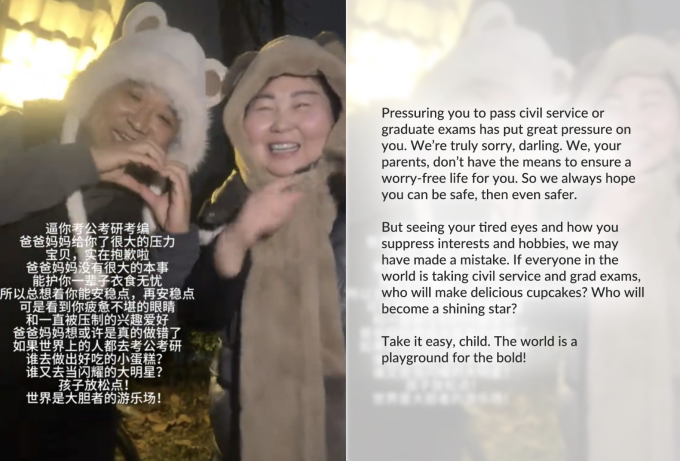
A message sent to his son from a "digital parent" account shared at the end of 2023 has attracted attention. Screenshot: @小琳妈妈
Wu, 43, who has been blogging about her family life for the past few months, has also attracted more than 70,000 followers on the Xiaohongshu platform. Many of her followers have taken to calling her a digital parent. The 43-year-old has since received many messages of support.
Readers’ stories often shocked Wu. One said her father only allowed her to shower at certain times and would beat her if she disobeyed; another said her parents forced her to study for hours, despite being diagnosed with a congenital heart disorder. She even received text messages saying she intended to harm herself.
"The emergence of 'digital parents' is a sad thing for society as people turn to social media for emotional comfort, while their real parents fail to fulfill their responsibilities," Wu said. The woman also said that she always replies to every message because she believes that the other person always expects positive things in life.
Yu Zehao, a psychotherapist based in the central Chinese city of Wuhan, said the rise of digital parents fills an emotional void for many children. While many Chinese parents typically focus on teaching their children discipline, digital parents provide emotional support.
“Children are being trained to become individuals that fit what society demands, like a cake molded in a machine,” Yu said. “This is similar to the concept of parenting, where parents believe that if their children do not follow certain rules, they will probably suffer in the future.”
While digital parenting is helping to balance emotions, expert Yu worries it risks undermining young people's sense of reality.
"It's like going on a diet. They can help us transition to a healthier lifestyle, but they shouldn't replace regular meals in the long run because they're not nutritious enough and create a growing rift between family members," Yu warned.
Female blogger Wu also worries about whether influencers have the qualifications and skills to handle all the emotional messages they receive from fans?
As a parent herself, Wu feels qualified to play the role of digital parent, but many other influencers are not in that position. Not to mention, there are risks that children face when forming a close relationship with a stranger online.
In late February, a parenting influencer with more than 100,000 followers on Xiaohongshu suddenly had her account shut down. It's not clear what happened, but many fans assumed the blog posts — written from the perspective of a father raising a teenage daughter — were actually written by women.
But Fan doesn't seem to care that her digital parents might be imposters.
“It's important that they provide me with certain emotional benefits,” she says.
Minh Phuong (According to SixthTone )
Source



![[Photo] The moment Harry Kane lifted the Bundesliga trophy for the first time](https://vphoto.vietnam.vn/thumb/1200x675/vietnam/resource/IMAGE/2025/5/11/68e4a433c079457b9e84dd4b9fa694fe)
![[Photo] Prime Minister Pham Minh Chinh chairs the fourth meeting of the Steering Committee for Eliminating Temporary and Dilapidated Houses](https://vphoto.vietnam.vn/thumb/1200x675/vietnam/resource/IMAGE/2025/5/11/e64c18fd03984747ba213053c9bf5c5a)

![[Photo] National Assembly Chairman works with leaders of Can Tho city, Hau Giang and Soc Trang provinces](https://vphoto.vietnam.vn/thumb/1200x675/vietnam/resource/IMAGE/2025/5/11/c40b0aead4bd43c8ba1f48d2de40720e)
![[Photo] Discover the beautiful scenery of Wulingyuan in Zhangjiajie, China](https://vphoto.vietnam.vn/thumb/1200x675/vietnam/resource/IMAGE/2025/5/11/1207318fb0b0467fb0f5ea4869da5517)








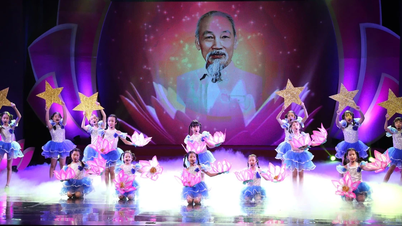
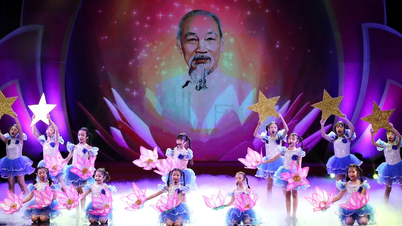



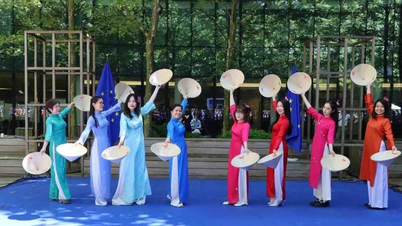













































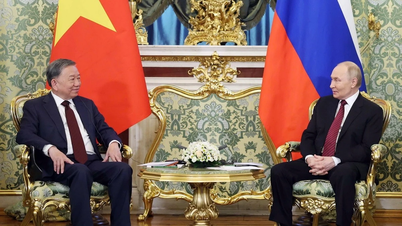











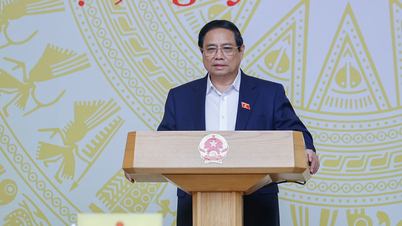
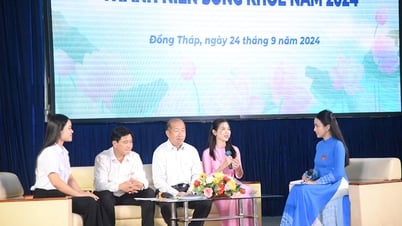



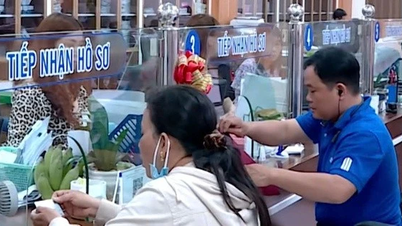












Comment (0)